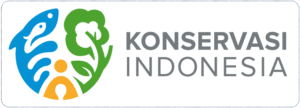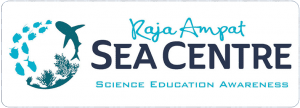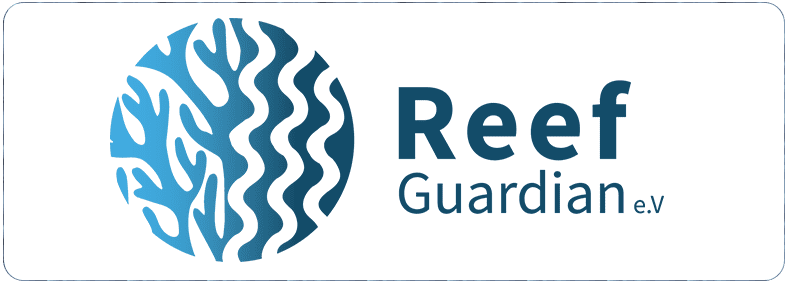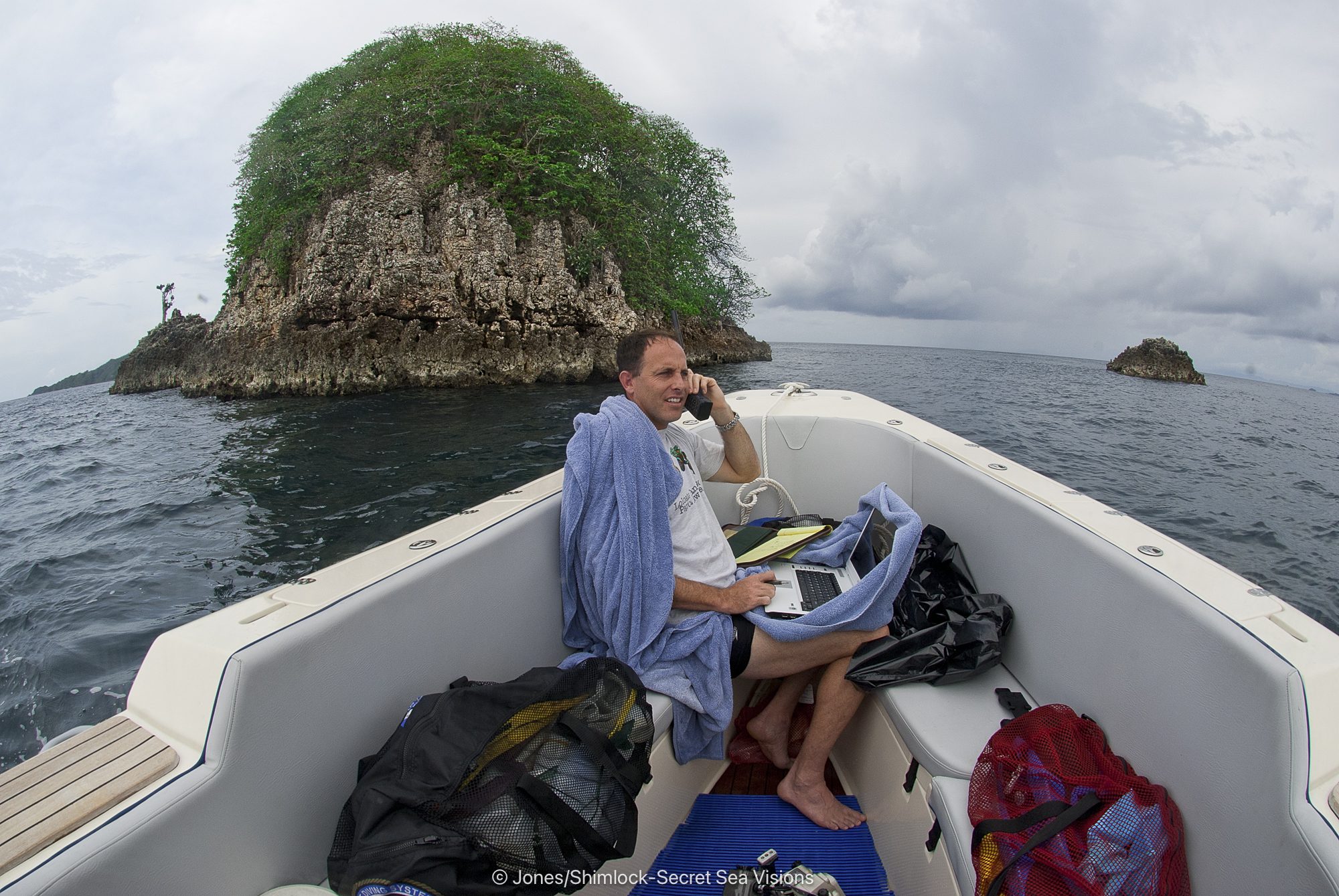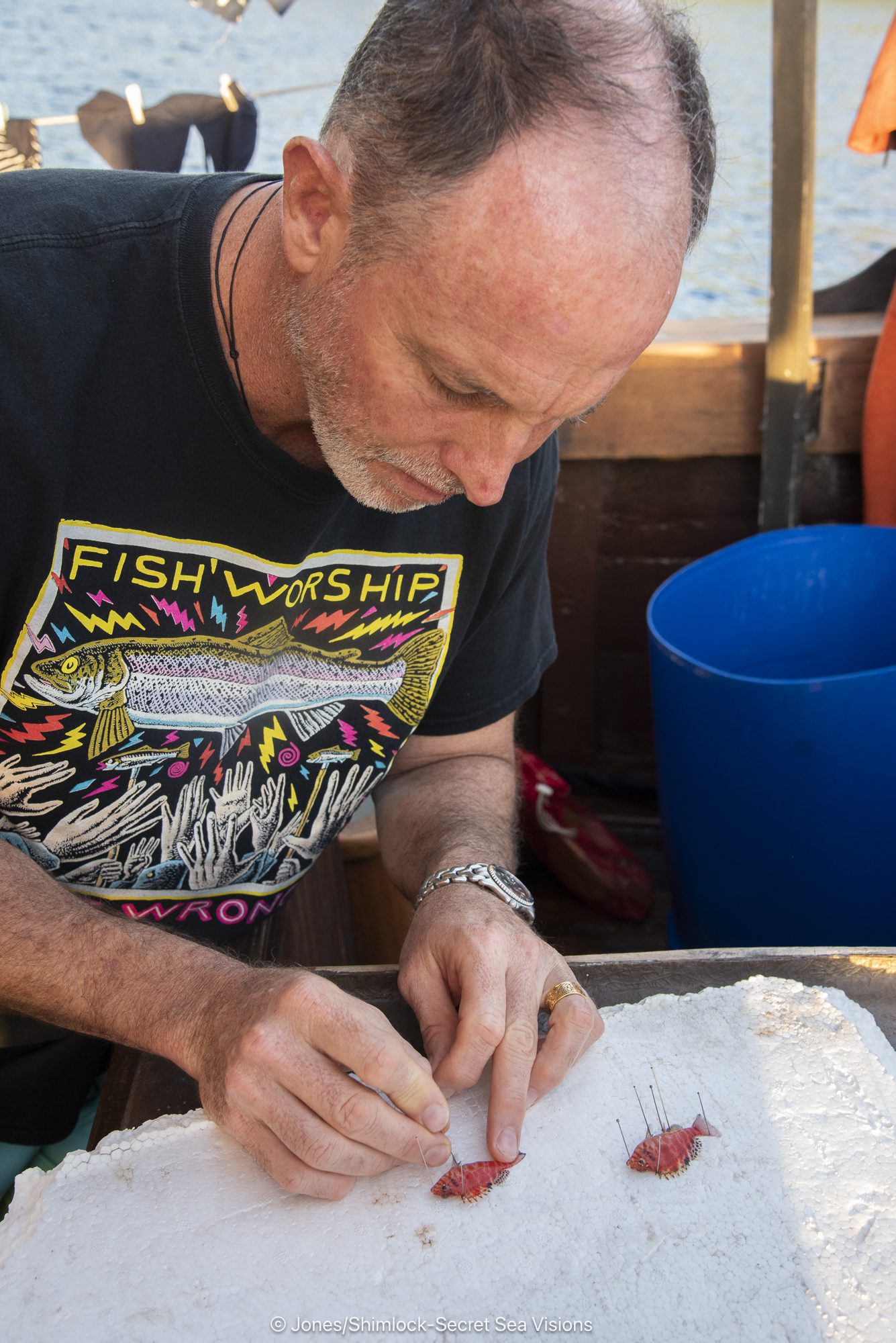Dr. Mark Erdmann becomes the Executive Director of ReShark and Shark Conservation Director at Re:wild
Administrator’s Note: This post is shared with permission from ReShark. Click here to see the original post.
Dr. Mark Erdmann is the Executive Director of ReShark, where he leads a global, multidisciplinary coalition advancing the rewilding of threatened sharks and rays through innovative breeding and conservation translocation efforts. As ReShark’s first Executive Director, he brings 35 years of conservation leadership and a widely recognized track record of uniting governments, scientists, and local communities to safeguard ocean biodiversity.
Alongside his leadership of ReShark, Mark is also Shark Conservation Director at Re:wild, where he spearheads high-impact shark and ray initiatives globally, with a focus on fundraising, program strategy, and building transformative partnerships. His dual roles place him at the forefront of collaborative scientific innovation to restore shark and ray populations worldwide.
Trained as a coral reef ecologist (Ph.D., University of California, Berkeley), Mark has conducted extensive fieldwork across the Indo-Pacific, including 23 years based in Indonesia and now from his home in New Zealand. His early research on mantis shrimp ecology and the discovery of Indonesia’s coelacanth species laid the foundation for a wide-ranging conservation career. This has included two decades with Conservation International leading the Bird’s Head Seascape program (resulting in the gazettement of a network of 26 Marine Protected Areas covering over 5.2 million hectares of the most biodiverse reefs on Earth in West Papua), securing Raja Ampat as Southeast Asia’s first shark and ray sanctuary, and mentoring many of the next generation of marine conservationists in the region.
Mark has authored more than 260 scientific publications and six books, including the recently published three-volume set Reef Fishes of the East Indies (2nd edition). (App available: Reef Fishes of the East Indies.) He has discovered over 240 new species of fish, mantis shrimp, and coral, and has been directly involved in describing 217 of them. He holds academic research appointments at the California Academy of Sciences, the University of Auckland, and the University of the Sunshine Coast, and currently supervises numerous postgraduate students working on elasmobranch species ranging from reef and oceanic mantas to walking sharks and leopard sharks. He also serves on the boards and scientific advisory councils of organizations including Thrive Conservation, Sea Legacy, Elasmobranch Institute Indonesia, and Manta Trust, and is a member of the IUCN Shark Specialist Group for Oceania.
From diving on all seven continents and amassing over 14,300 dives to the initial conceptualization and implementation of the world’s first shark rewilding program through the Stegostoma tigrinum Augmentation and Recovery Project (StAR Project), Mark’s career reflects a lifelong commitment to translating science into conservation impact. His leadership is central to ReShark’s mission.
Mark now lives with his wife Arnaz in Auckland, and maintains a deep personal commitment to do whatever is necessary to ensure his children will be able to enjoy the same high-quality underwater experiences that continue to inspire his dedication to the marine environment.















